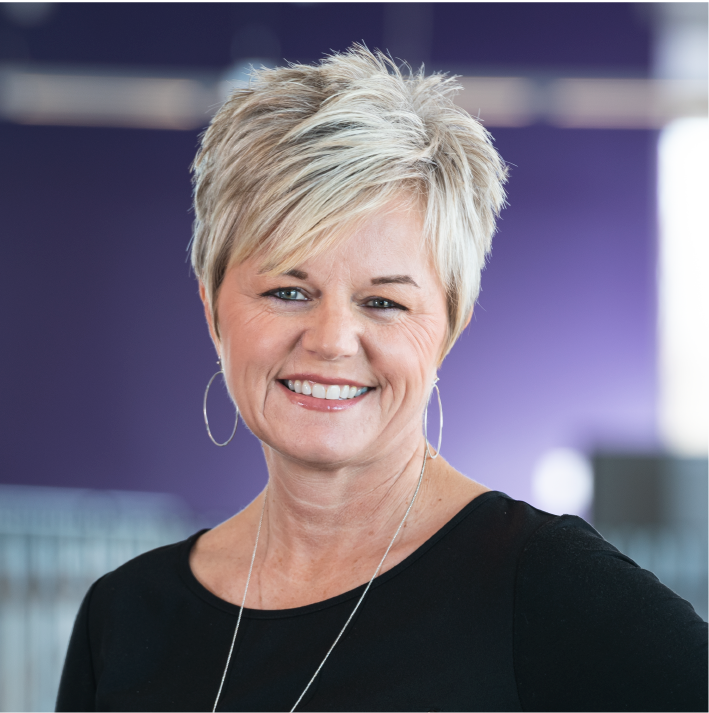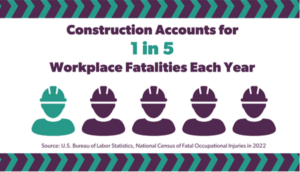

How Captives Empower the Construction Industry to Manage Risks
May 22, 2025 | All Things Captive, Risk Management

The construction industry is built on drive, precision, and execution—but it’s also one of the most hazardous industries in the world. In fact, according to the U.S. Bureau of Labor Statistics, construction accounts for one in five workplace fatalities in the private sector each year.

That staggering reality is exactly why safety can’t just be a goal—it has to be a culture. And for many construction companies, joining a group captive has been the foundation for building that culture from the inside out.
Safety Makes Businesses Stronger
Yes, the financial benefits of captives are substantial—greater control over insurance costs, more predictable renewals, and the potential for financial returns. But for construction companies, the indirect benefits are often even more transformative.
Take one member I’ve worked with for the past few years—Baker Group. On the surface, you see a highly engaged management team and a well-established safety department. But their success isn’t just about having the right roles in place—it’s about alignment.
Their entire organization doesn’t just talk about safety—they live it. Baker Group understands that safety should be a fundamental Core Value, not a priority, because priorities change. And under the captive model, this alignment becomes even stronger because their performance directly impacts their peers. Shared accountability is where real progress happens.
Insight to Control Your Risk
That culture of connection is also what drives our Risk Control Workshops. These sessions are more than just a gathering—they’re a platform. Members share best practices, challenges, and real-time lessons from the field.
One recent example: A conversation around fleet safety sparked an open dialogue about dash cam implementation. A few members shared the positive outcomes they’d seen—fewer claims, better driver coaching, and faster claim resolution. Within weeks, others began exploring the same option—not because they were told to, but because they saw the impact firsthand.
While safety professionals are key voices in the room, we’ve seen that when owners and executives attend, the conversation shifts. Suddenly, safety is no longer viewed as a compliance box—it becomes a business priority. That’s when things hit differently.
Make Safety a Priority
As we recognize Safety Awareness Month, we’re reminded that every single person on a construction site has a role to play in ensuring that everyone makes it home at the end of the day. Working safely should be a core value at every company—not just because it protects lives, but because it reflects leadership, culture, and care.
Because when safety becomes personal, it becomes powerful. If you are interested in learning more about ICS, or specifically what our Risk Control Workshops are all about and how they could benefit your company, please reach out to me today!




